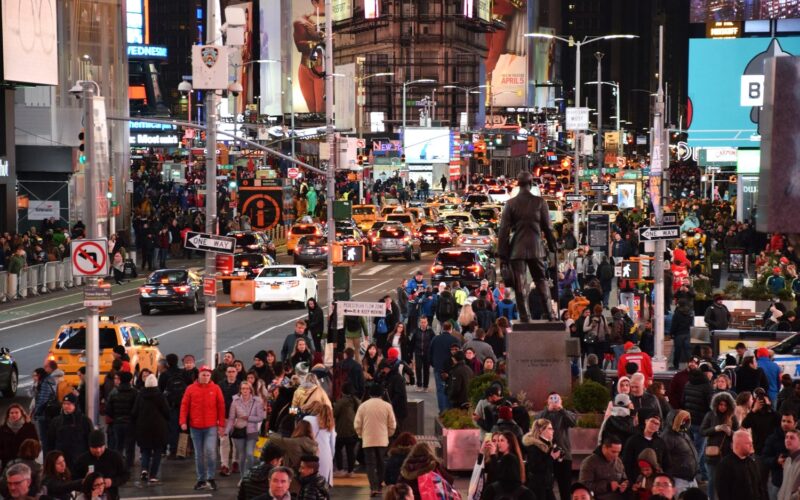There are now more than 8 billion people in the world. The United Nations predicts that the global population will peak at about 10.4 billion people in 60 years. Among them, the population of middle and low countries is proliferating. It is estimated that India will surpass China to become the most populous country in the world next year.
Taipei, Taiwan (Business Northeast) – The population continues to increase; can the earth accommodate more people? Can you believe it? There are currently 8 billion people living on Earth. According to the estimates of the United Nations, on Tuesday, November 15, this year, the world’s population officially exceeded 8 billion. This is a milestone in human development and the result of efforts to improve global public health, nutritional health, personal hygiene, and medicine.
According to the latest World Population Prospects 2022 released by the United Nations, the population will continue to grow until it reaches a peak of 10.4 billion in 2080. However, there is no need to worry too much about the population explosion because the overall growth rate of the world population is slowing down. After reaching 8 billion in 2022, it will take 15 years to get the 9 billion mark. Compared with the previous global population growth from 7 billion to 8 billion, it took only 12 years, showing that the overall growth rate of the worldwide population is gradually slowing down.
Population growth is concentrated in low- and middle-income countries, with the fastest growth in India. India has added about 180 million people since 2011, accounting for a quarter of the global growth rate, and is expected to surpass China as the world’s most populous country next year.
The United Nations says fertility rates are falling in high-income countries, and the number of people under 65 will likely decline in coming years. On the contrary, in developing countries, the fertility rate has remained high, and women and girls lack contraceptive services. According to the WHO report, about 74 million women in low- and middle-income countries worldwide have yearly unwanted pregnancies.
The growing population comes with many serious challenges, such as food, water, or fuel, and resources that can be allocated will become smaller. With environmental changes such as extreme climate, deforestation, and loss of biodiversity, humans compete with wild animals’ water, food and space, putting more pressure on the planet.
Human impact on the natural world is not about how many people there are but how much we do. UN Secretary-General Antonio Guterres said in a UN statement that while the world celebrates population diversity and progress, it must also consider humanity’s shared responsibility for the planet.










